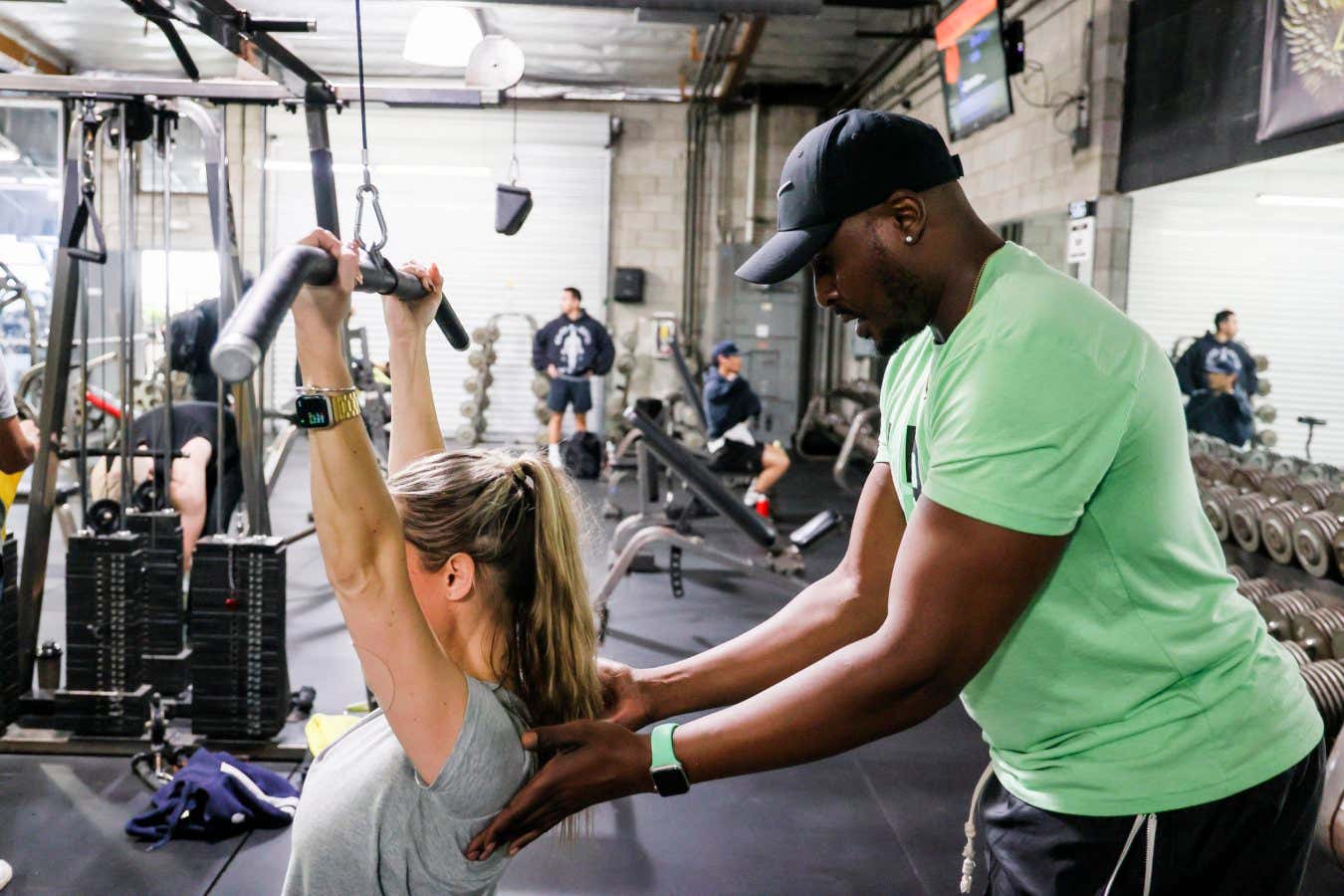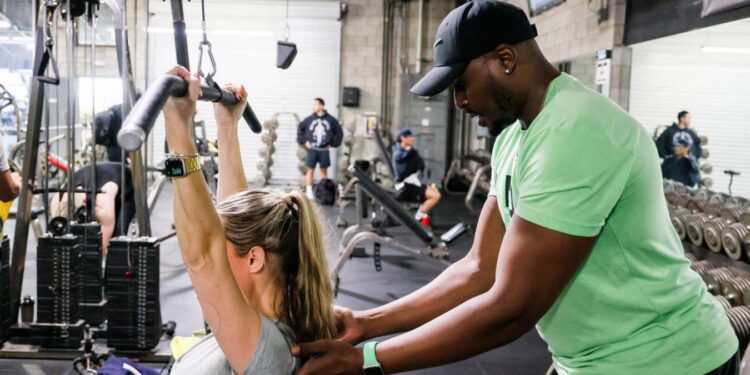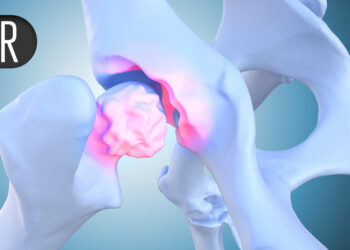
Strength training may benefit the gut microbiome
Juliana Yamada/Los Angeles Times via Getty Images
The most visible benefits of lifting weights may be bulging biceps, but strength training could also improve your gut microbiome.
While there is no single combination of microbes that ensures good health, certain configurations are consistently associated with better medical outcomes, such as improved immune function and healthier ageing. These include Faecalibacterium, Akkermansia and Roseburia hominis, all of which produce short-chain fatty acids like butyrate that help protect the gut’s lining and reduce inflammation.
Our diets clearly play an enormous role, but research has suggested that aerobic exercise – such as cycling or running – may help these microbial species to flourish. This may be through improved blood circulation, hormonal changes or the metabolic byproducts of physical activity, such as lactate. Studies examining the effects of resistance training have produced mixed results, however, with some experiments revealing meaningful shifts, while others found minimal change. “Existing research is relatively limited,” says Matthieu Clauss at the Norwegian School of Sport Sciences in Oslo.
To clear up the confusion, Sven Nahnsen at the University of Tübingen in Germany and his colleagues recruited a relatively large sample of 150 sedentary adults and prescribed them an eight-week training programme that included various resistance exercises, such as lateral pulls, seated rows, chest presses and leg curls.
Unlike the previous studies, the participants were given access to “smart” strength machines that automatically adjust the weight and range of motion according to the participants’ performance, while maintaining detailed records of their progress. “Every single weight that is lifted, every repeat, is recorded digitally, so we have really highly accurate data,” says Nahnsen.
The participants also provided stool samples at the beginning, middle and end of the training programme, which the researchers analysed to find the genetic and metabolic signatures of common gut microbes.
Across the group, there were no average changes to the microbiome composition following the programme. Instead, the effects seemed to depend on how well each individual responded to the training, with a correlation between the participants’ increases in strength and the shift in their microbiome.
The high performers, who experienced the greatest gains in muscle power, showed higher proportions of Faecalibacterium and Roseburia hominis at the end of the programme, for instance. “These were enriched in those that gained way more strength than the others,” says Nahnsen.
Exactly why some people responded better to the exercise regime than others is also unclear. You might think it depended on the effort they put in, but the participants’ compliance to the regime was similar among the low and high performers. Another obvious explanation may be that these people started eating differently as a result of their exercise – a lifestyle change that could reasonably influence both the microbiome and the changes in muscle strength. The researchers tried to control for this with nutritional surveys, however, and they failed to find any differences in the foods consumed, though “that’s something that we could not fully exclude”, says Nahnsen.
There is also an intriguing possibility that the microbes themselves are partly responsible for the strength gains. In the high performers, the changes to the microbiome could have increased the production of short-chain fatty acids, which might have allowed their muscles to respond better to the exercise over the eight weeks – though Nahnsen says this needs to be investigated with further studies.
He hopes this study will be a good starting point to explore the potential pathways. “The idea was to come up with a ‘dictionary’ of potential microbes that seem to be influenced [by resistance training] to help other researchers to investigate mechanisms,” he says. Working out how to encourage those beneficial shifts to the microbiome after training could be a new way of enhancing the health benefits of exercise and improving sports performance, he says.
It is worth noting that the trial lacked a control group of people who didn’t do any form of exercise. Even so, Clauss – who wasn’t involved in the study – is positive about the results. “The findings support the notion that exercise, regardless of its type, can positively affect gut health. They also introduce the idea that resistance training may lead to specific, health-associated shifts in the microbiome,” he says. “This is significant because it suggests that both endurance and resistance training could be integrated into health promotion strategies aimed at improving microbiome health.”
Topics:
Source link : https://www.newscientist.com/article/2495457-resistance-training-may-strengthen-your-gut-microbiome/?utm_campaign=RSS%7CNSNS&utm_source=NSNS&utm_medium=RSS&utm_content=home
Author :
Publish date : 2025-09-08 18:00:00
Copyright for syndicated content belongs to the linked Source.














